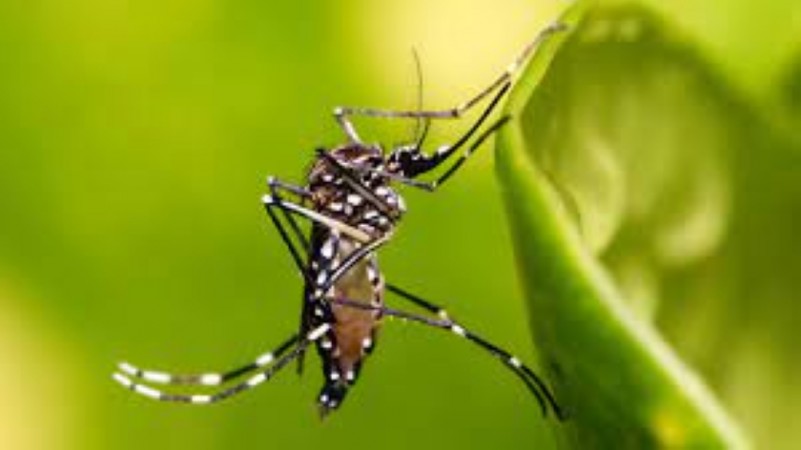
In response to a sharp rise in dengue cases, Burkina Faso has launched an ambitious research project to revolutionise mosquito surveillance and outbreak control. The Dengue Risk Investigation for Preparedness (DengRIP) initiative, backed by a global team of institutions including the Liverpool School of Tropical Medicine, the University of Joseph Ki-Zerbo, and the Institut de Recherche en Sciences de la Santé (IRSS) in Burkina Faso, seeks to develop innovative strategies for predicting and managing dengue outbreaks.
Funded by the National Institute for Health Research (NIHR), DengRIP will combine scientific research with community engagement to curb dengue and other mosquito-borne diseases, such as chikungunya and Zika. At the core of the project is a community-driven approach involving the Mosquito Alert mobile app, which allows residents to report mosquito sightings and breeding sites. This data empowers communities to actively participate in tracking and controlling disease vectors.
DengRIP’s approach includes field trials to test advanced mosquito control methods and collect data on mosquito behaviour, genetics, and environmental factors contributing to disease spread. "By integrating scientific research with community action, we hope to create sustainable solutions to protect expanding urban populations at risk of dengue," said Dr David Weetman, project co-lead and researcher from the Liverpool School of Tropical Medicine.
Dengue, a viral infection spread by Aedes mosquitoes, has seen a surge across Africa, with Burkina Faso emerging as a hotspot. Since 2016, the country has grappled with frequent outbreaks, most recently the 2023 epidemic that recorded over 150,000 cases and 709 deaths. Although often mild, dengue can lead to severe illness, increasing pressure on public health resources.
Professor Athanase Badolo of the University of Joseph Ki-Zerbo, co-lead of DengRIP, stressed the potential impact of the project: “By developing accurate risk prediction tools and involving the community in surveillance and mosquito control, we aim to prevent future outbreaks and reduce the public health burden of dengue.”
With support from local health authorities, municipal leaders, and international partners, the DengRIP project aims to convert its research into actionable steps that will benefit Burkina Faso's 26 million residents and strengthen public health preparedness across West Africa in the face of a growing dengue threat.
Article by RB Reporter
Photo/Google

Comment